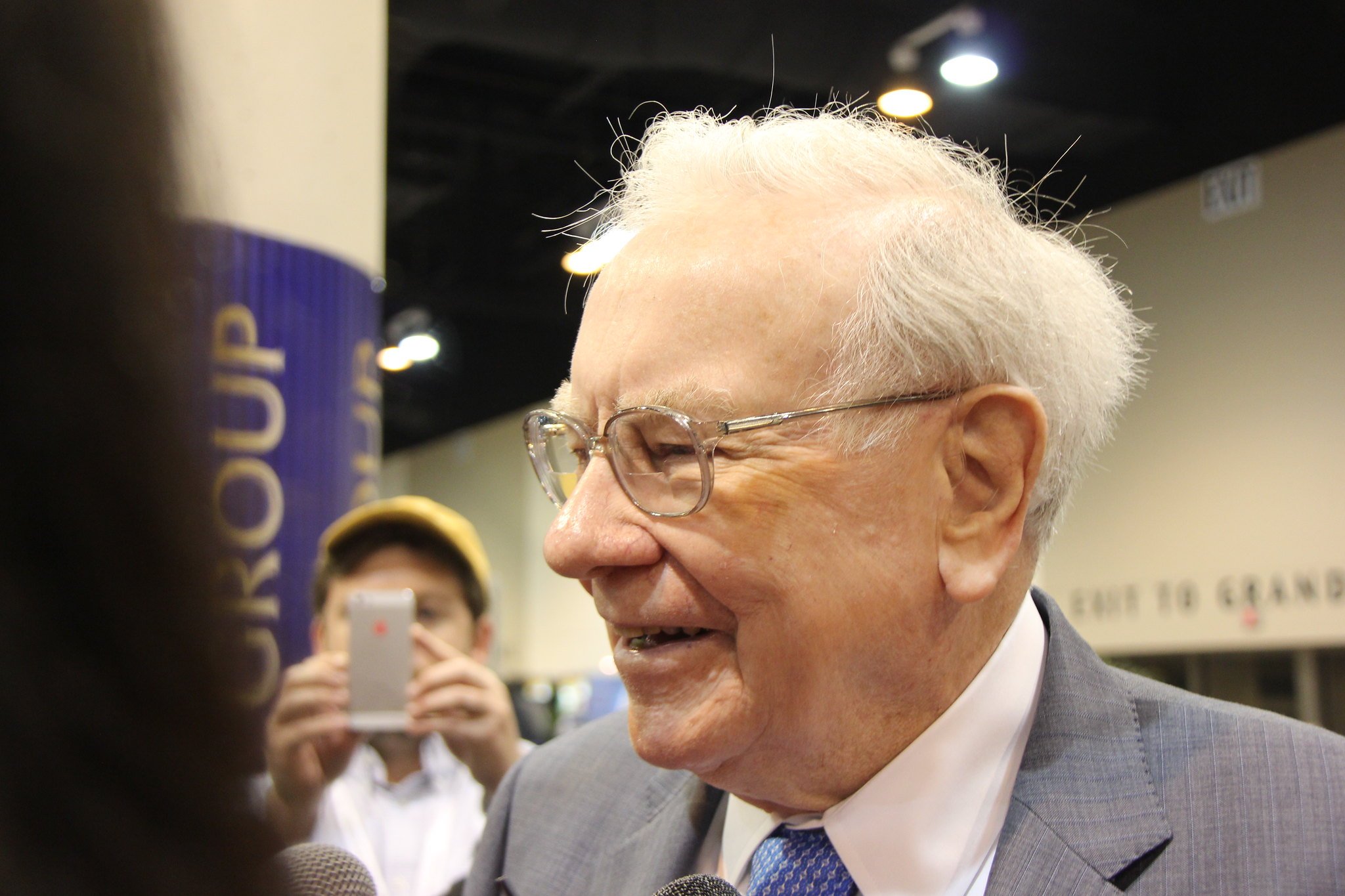
Photo: Flickr/Emmanuel Huybrechts.
Investors have been biting their nails for months over Bank of America's (BAC +0.78%) Article 77 hearing. Now a big change in the presiding judge will expedite the matter.
The $60 billion question
It's been quite a while since institutional investors first took a stand against Bank of America's $8.5 billion settlement over mortgage-backed securities. With American International Group (AIG +0.28%) at the helm for the dissenters, the megabank testified as to the appropriateness of the dollar amount for the settlement, as well as Bank of New York Mellon's (BK 1.88%) management of the settlement.
AIG and other investors believe that the $8.5 billion is insufficient, citing a settlement with MBIA (MBI +2.49%) that resulted in a payout of $0.60 on the dollar. If the ruling goes in favor of the investors, Bank of America could be out $60 billion.
Movin' on up
Investors have been waiting patiently, and now they are being rewarded. The judge who presided over the hearing, Justice Barbara Kapnick of the New York State Supreme Court, has received a promotion by means of an appointment to the Appellate Division by New York's governor, Andrew Cuomo.
Kapnick's appointment is effective as of Feb. 3, so her decision on the Bank of America hearing should come before that date -- less than two weeks from now. According to New York state law, a judge is able to make a ruling on a case he or she has overseen even after a promotion, if that case is ready for a ruling.
What investors should expect
The hearing has been hanging over Bank of America like a black cloud. With the uncertainty of the payout's final total causing some bulls to become bears, the bank hasn't been able to gain ground in the stock market despite its continued success. As of Wednesday's close, the bank still trades at a 21% discount to its Dec. 31 book value -- even after surpassing the all-important $17 mark.
If the settlement is approved, expect shares to jump. Though the bank continues to assess its legal exposure to mortgage bonds and other questionable items, it has been setting aside less and less for litigation expenses. The resolution of this big legal hurdle would be just one more reason for the bank to reconsider the level of legal reserves it sets aside.
If the investors against the settlement prevail, expect the bank to drop like a stone -- but not for long. Though the fourth quarter saw the bank at record levels of liquidity and solid capital management, a $60 billion price tag wouldn't even completely wipe out the bank's cash position. But following the initial sticker shock, Bank of America should recover (though maybe not quickly) because of the success of its operations over the past few quarters.
Waiting game
In the meantime, take some time to look over the bank's fourth-quarter and full-year 2013 earnings report to decide if you like the company for a long-term investment. The current legal battles are a headache for any investor, but the bank has recovered from the financial crisis and is decidedly in the "winners" column of the financial industry in terms of performance and growth.
A banking alternative
Maybe you're tired of dealing with the Bank of America legal drama. If you're like most Americans, chances are good that you would say that you hate your bank -- with B of A a likely target for your ire. While that's not great news for consumers, it certainly creates opportunity for savvy investors. That's because there's a brand-new company that's revolutionizing banking and is poised to kill the traditional bricks-and-mortar banking model. And amazingly, despite its rapid growth, this company is still flying under Wall Street's radar. For the name and details on this company, click here to access our new special free report.









